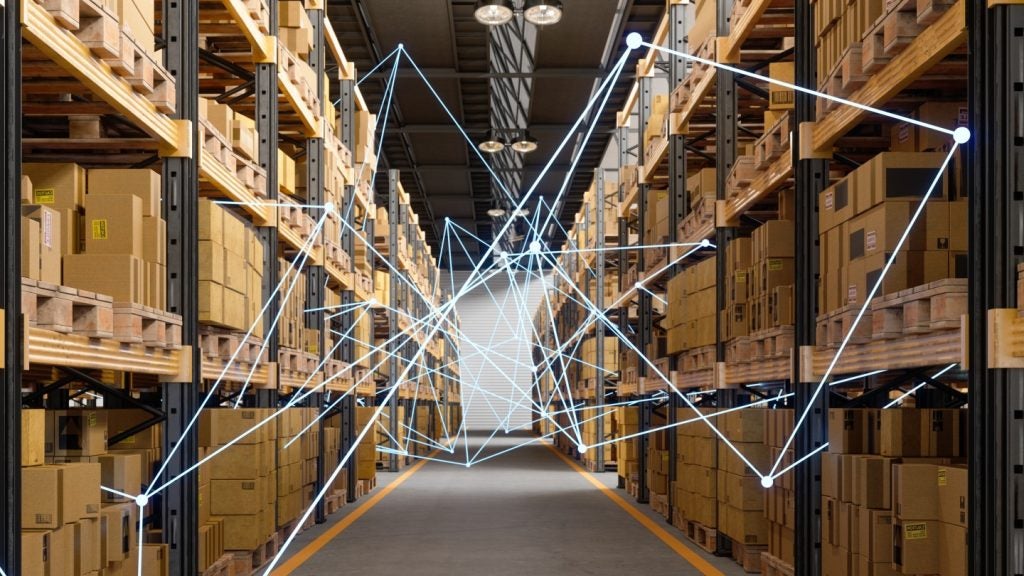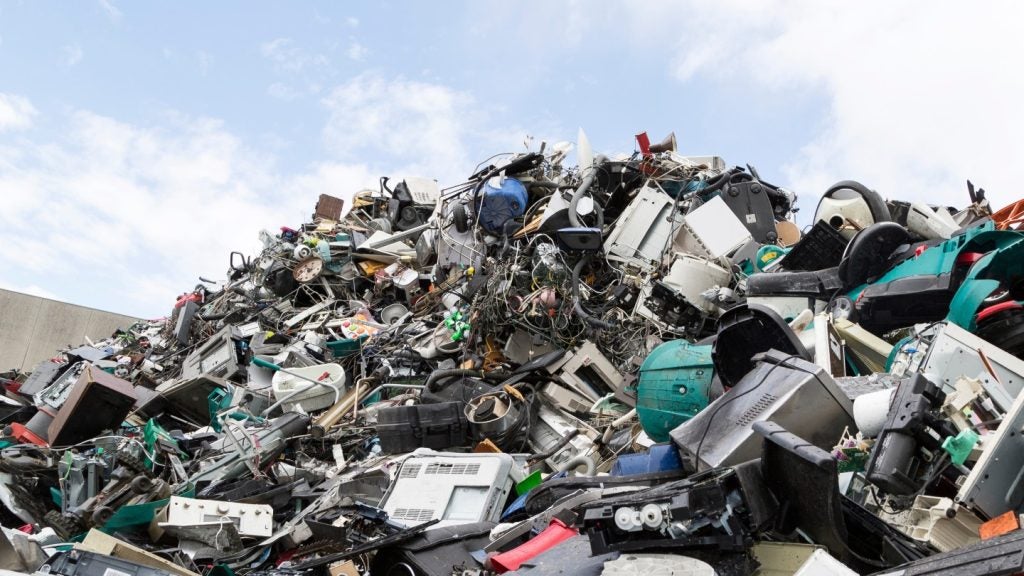
Online video streaming accounts for 1% of global carbon emissions. A seemingly insignificant amount. However, 1% is more than some countries contribute in total. Therefore, as the environmental consciousness of consumers increases, a period of climate reckoning for online streaming companies may be on the horizon.
Internet use increases CO2 emissions
In 2019 two academics sparked dozens of sensationalist headlines when they reported on the vast jump in energy used to consume music since the days of records and CDs. Around the same time a French think tank, The Shift Project, published reports on the environmental impact of ICT and online video. Their research showed that CO2 emissions of a phone increases nine-fold when using the internet, a significant proportion of this as a result of online streaming. Debate on the environmental cost of our digital lives is clearly heating up.
Streaming traffic predicted to increase
As we enter the new decade, the 2030 EU environment, energy and climate targets loom large. The internet is often assumed to have a minimal impact on the climate, but in reality is causing an increasing amount of emissions. Cisco have predicted that video will account for 82% of all internet traffic by 2022, making the limitation of streaming emissions critical.
This suggests that our binge-watching habit is not as harmless as we might think. As TV continues to migrate to the internet, we will have to reckon with the carbon impact of watching whatever we want, whenever we want and for however long we might want.
Sustainability will come to the fore
This does not necessarily mean renouncing streaming. Instead, greater awareness encourages transparency and accountability. Following the revelations of the environmental toll of music streaming, Spotify published its first sustainability report. It also moved its servers to Google Cloud, a platform that has committed to carbon neutrality.
Sustainability will be an important theme in 2020. If internet companies are transparent about their environmental impact and invest in strong environmental policies such as renewable energy, consumers will choose streaming platforms that align with their concerns. A decidedly less painful option for the conscious consumer than eschewing streaming altogether.
How well do you really know your competitors?
Access the most comprehensive Company Profiles on the market, powered by GlobalData. Save hours of research. Gain competitive edge.

Thank you!
Your download email will arrive shortly
Not ready to buy yet? Download a free sample
We are confident about the unique quality of our Company Profiles. However, we want you to make the most beneficial decision for your business, so we offer a free sample that you can download by submitting the below form
By GlobalDataGreenpeace’s ClickClean offers a valuable resource for consumers concerned with their internet-fueled emissions, by easily enabling them consumers to see which apps are powered by renewables.
Currently, Facebook, Google and Apple are ahead of Amazon Prime, and are leagues ahead of Netflix, Vimeo and HBO.
Practical changes can be made
Still, perspective is everything. An individual with a penchant for watching Friends on repeat every evening won’t rival the carbon output of someone who races sports cars around a track to unwind – not least because electricity is much easier to decarbonize.
What’s more, streaming is not as compute-intensive as internet searches that we rely on every day. Vishal Misra, a computer scientist at Columbia University points to computationally intensive web activity as having a much greater energy toll.
Given that $1 invested in digital technologies today results in 37% more energy consumption than just 10 years ago, streaming isn’t the only digital activity we need to reconsider.
‘Digital Sobriety’, to use a Shift Project term, encourages users to perform a realistic assessment of the climate toll of their digital activities. Practical changes can be made, as Spotify has shown, but to do so requires introspection and accountability. Both consumers and enterprise will need to be more selective when using internet technologies, but for now streaming is probably still okay.








Related Company Profiles
Vimeo Inc
Netflix Inc
Apple Inc
Google LLC
Meta Platforms Inc